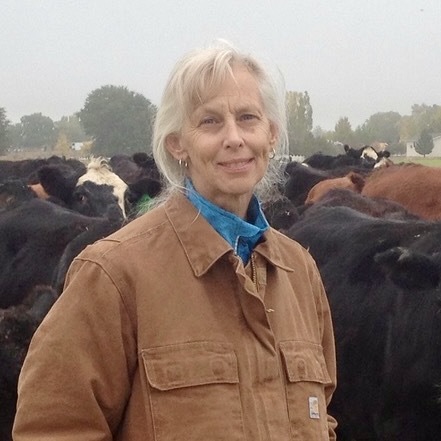Julie Sullivan

Julie Sullivan, founding mentor of the Quivira Coalition’s New Agrarian Program in 2008, currently serves as Mentor Training and Support for the program. She and her husband, George Whitten have been mentors with the program for 15 years, and own and manage their 3rd-generation, Audubon certified, cow/calf-to-finish cattle ranch in the San Luis Valley of Colorado. The ranch is committed to restorative practices that result in soil health, functioning grassland ecosystems, and viable small scale ranching.
For a decade, Julie was faculty for the field-based Audubon Expedition Institute at Lesley University Environmental Studies and Environmental Education program. She has taught workshops for Colorado State University, Colorado College, Adams State University, Fort Lewis College, Quivira Coalition, Western Colorado Food and Farm Forum, Stone Barns Center for Food and Agriculture, Sandhills Task Force, National FIELD Network, Rogue Farm Corps, among others.
She is fiercely dedicated to the next generation of agrarians, fully functioning ecosystems and creative solutions to the interaction of humans with their planet.
Roundtable Facilitator
“How are you REALLY?” Supporting rancher wellbeing peer to peer